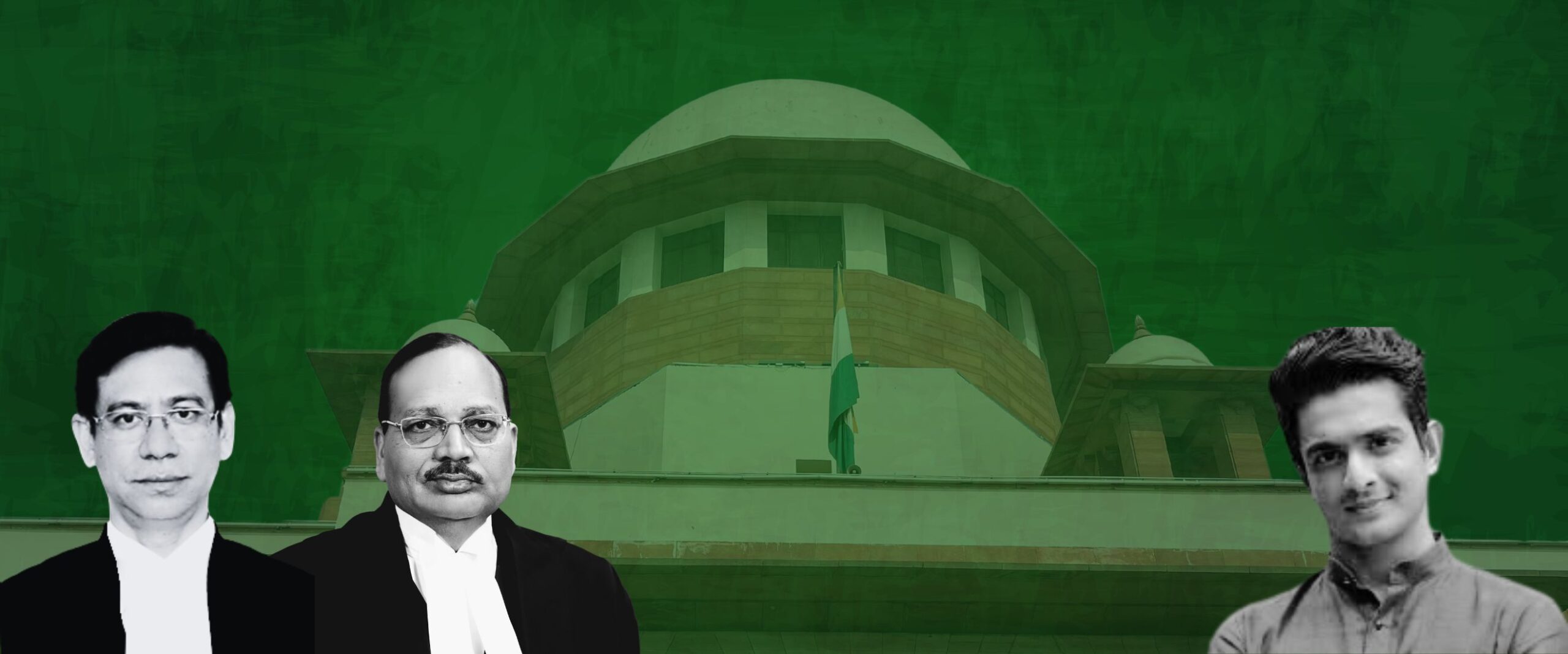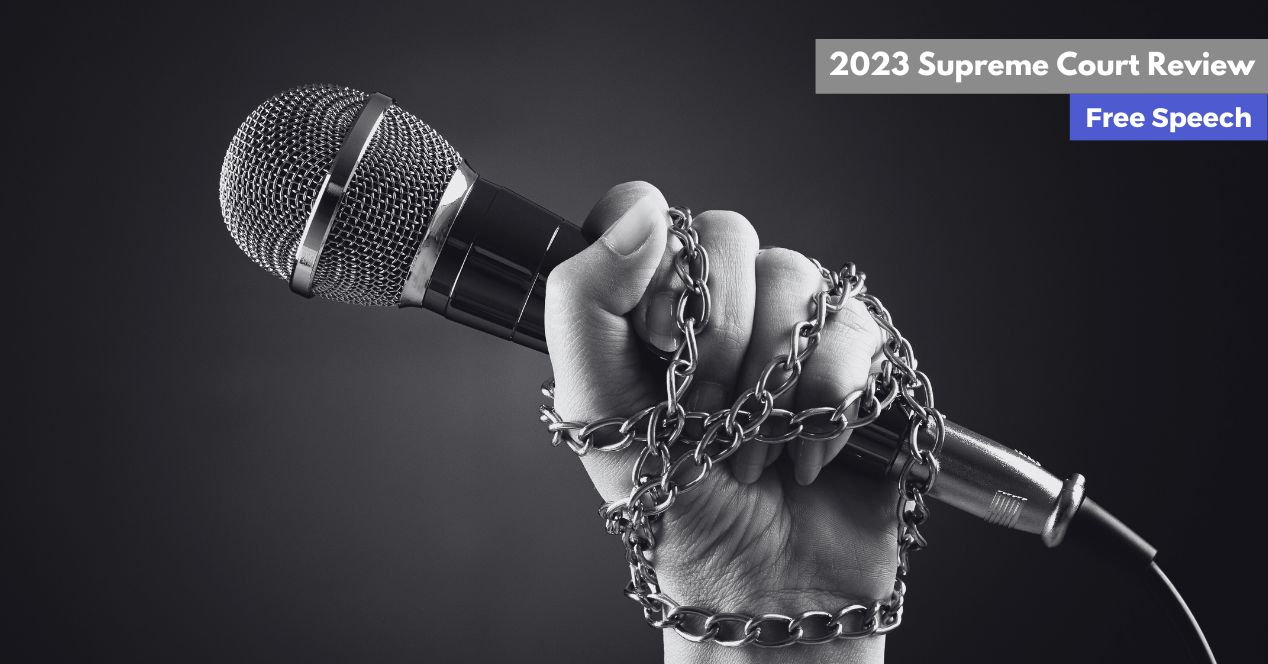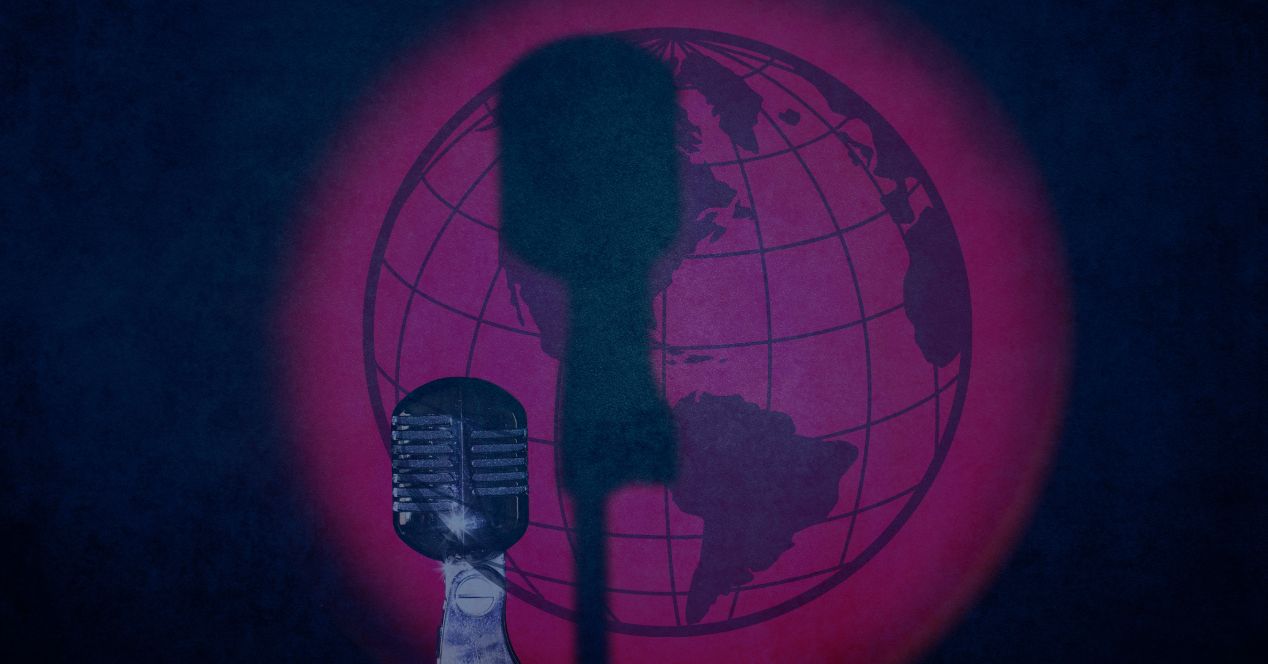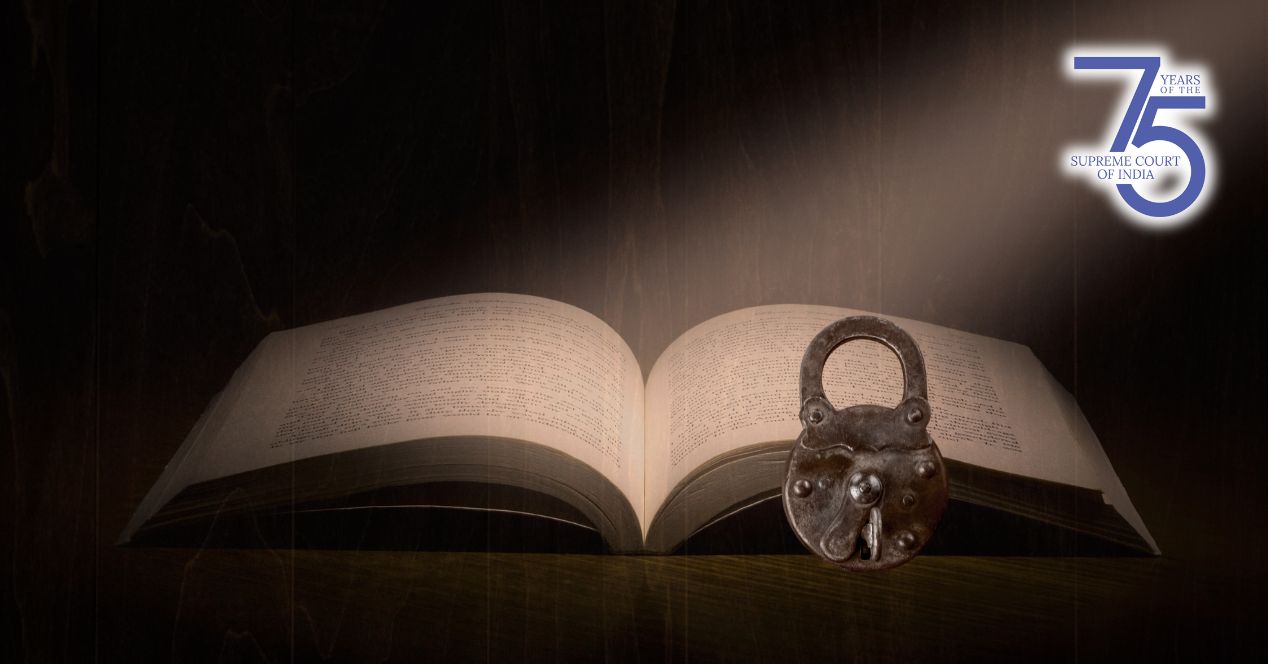Analysis
Supreme Court slams YouTuber Ranveer Allahbadia for ‘obscene’ remarks, grants interim protection
As outrage over Allahbadia's remarks spiralled, the top court described his statements as “disgusting”, “filthy”, and “insulting.”

Today, the Supreme Court directed that no new First Information Reports (FIRs) shall be filed against YouTuber and podcaster Ranveer Allahbadia, popularly known as ‘BeerBiceps’.
While the relief was granted to Allahbadia, the bench of Justices Surya Kant and N.K. Singh didn’t mince words, as they lashed out at him for his alleged obscene remarks made on comedian Samay Raina’s YouTube show, India’s Got Latent. His remarks sparked an outrage leading to FIRs in Maharashtra, Assam and Jaipur.
As the backlash intensified, Allahbadia issued a public apology, admitting he had crossed a line. In response, Raina deleted all videos of the show to prevent further scrutiny. Following this, Allahbadia approached the top court seeking relief from the multiple FIRs lodged against him.
The bench characterised his comments as “disgusting”, “filthy”, and “insulting.” Questioning where society should draw the line between free speech and vulgarity, the bench added, “There is something very dirty in his mind that has been vomited by way of this program.”
Allahbadia was represented by Advocate Abhinav Chandrachud.
‘Do you think you have a license to speak all kinds of vulgarity?’
In today’s hearing, the Court made its stance clear on the comments made by Allahabadia suggesting that free speech does not grant an unfettered right to indulge in “obscenity”. Justice Kant, directing his question towards Chandrachud, stated “You think you (Allahbadia) have got a license to speak all kinds of vulgarity? And you can exhibit your depraved mind anywhere and anytime?” He added that “the entire society will feel ashamed” of this “perversity.”
The Division Bench observed that the remarks he made on the show were offensive to societal norms and had the potential to shame “every parent, daughters, sisters and younger brothers”. Justice Kant further stated that a person cannot exhibit such “condemnable behaviour” after attaining popularity where they can speak “any kind of words and can take the entire society for granted”.
Chandrachud relied on Apoorva Arora v State (2024) to argue that the usage of profanity does not amount to obscenity. Remarks which incite lustful thoughts in the mind of a reasonable person might be considered obscene, he stated. “It’s not a question of lustful thoughts,” the bench remarked, “but about the parameters of obscenity, of vulgarity, in a civilised society.”
In Apoorva Arora, the Court had also taken note that vulgar language, profanities, and swear words must be regulated in the public domain and on social media platforms as they are a threat to impressionable minds like children of tender age.
At every instance, Chandrachud remarked how he “cannot really defend the morality” of the comments and as “an officer of the Court”, he was “personally disgusted” by what the petitioners had said.
No new FIRs against Allahbadia
Chandrachud then argued that the filing of multiple FIRs constitutes an abuse of legal process. He relied on TT Anthony v State of Kerala (2001) and Amish Devgan v Union of India (2020) to buttress his point. According to TT Anthony, he explained, subsequent FIRs “must be treated as statements under Section 162 of the CrPC.” The provision states that statements made by an accused to the police cannot be signed and cannot be used as evidence in court.
The Court agreed to stay the FIRs against Allahbadia, registered at Thane Police Station and Cyber Police Station of Guwahati. However, it refused to give him blanket relief and directed the YouTuber to fully cooperate with the investigation.
Chandrachud then submitted that the intense backlash has resulted in death threats and targeted harassment of his family. Reportedly, Allahbadia’s mother, a doctor, was confronted by persons posing as her patients, who hurled abuses at her.
The bench was quick to dismiss these worries and called the threats against him as attempts of publicity. The Bench told Chandrachud, “If you can try to gain cheap popularity by using abusive language, as somebody giving threats, he also wants to be popular. The language used in the threat is better than your petitioner’s language.”
Nevertheless, it allowed Allahbadia to approach the local police for protection if he faced credible threats to his life and liberty.
In his defense, Chandrachud argued that Allahbadia’s remarks were made on a show that was locked behind a paywall—available only to adults who paid a subscription fee. He claimed it was never meant for a general audience.
The Court was unimpressed. “When you copy a dialogue from somewhere, you must also follow the precautions they take. You don’t care about that,” the Court observed, pointing out that snippets of the show had been widely circulated on social media, fueling this outrage.
While granting interim protection against the arrest, the Court imposed several conditions:
- No new FIRs shall be registered against Allahbadia based on the same remarks
- He must cooperate with the police whenever summoned
- He shall not be accompanied by a lawyer into the police station during questioning
- He must surrender his passport at Thane police station and cannot leave the country without prior permission of the Investigating Officer, and this Court
- He must refrain from participating in any shows in the interim.




